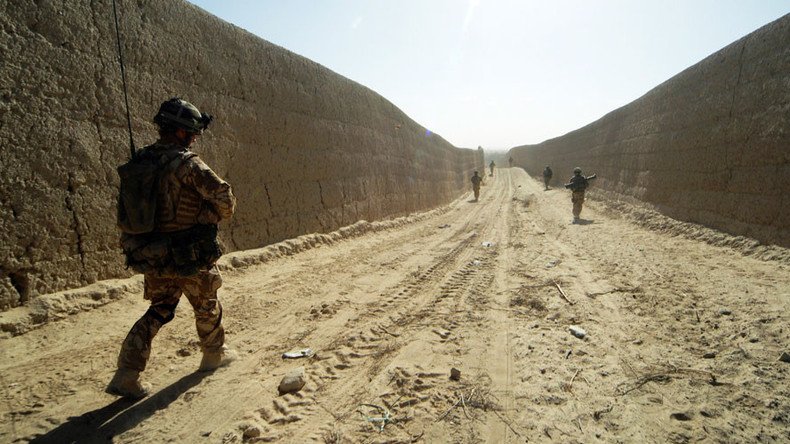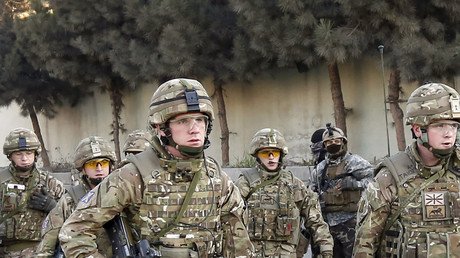PTSD stigma actually helps other soldiers in combat, says military psychiatrist

Social stigma surrounding post-traumatic stress disorder (PTSD) actually helps soldiers by encouraging them to ostracize comrades who might otherwise endanger their mission, a top military psychiatrist claims.
Speaking at the Edinburgh Book Festival at an event on PTSD, Surgeon Captain John Sharpley said “stigma seems to work” by causing those who are mentally ill to be ruled out of the most dangerous missions.
He was in conversation with author and journalist Matthew Green, whose book on military mental health ‘After Shock’ looks at how armies have responded to the issue.
Green said the “dilemma” of mentally ill soldiers “has been in operation for as long as armies have existed.”
Sharpley gave the example of 10 soldiers ordered to destroy a machine gun nest.
“Since they would all be risking their lives, they would ostracize anybody showing signs of weakness. If they’ve got a person in that group who’s not functioning properly, what are they going to do?” he asked.
“Get rid of them and get another one who’s OK. That’s why stigma’s good for the group,” he said.
However he said this was harder to do nowadays due to a shift in attitudes towards PTSD.
“In the Second World War it was OK to shun someone with a mental health problem — it’s not OK now. That creates a lot of conflict in the military,” he said.
Green, who worked as a war correspondent before writing his book, seemed to agree with this assessment.
“There is someone who is not able to function, the other guys are going to say we can’t work with him,” he said.
“But of course that does not conform to the idea of caring for people who suffer from a psychological injury.”













